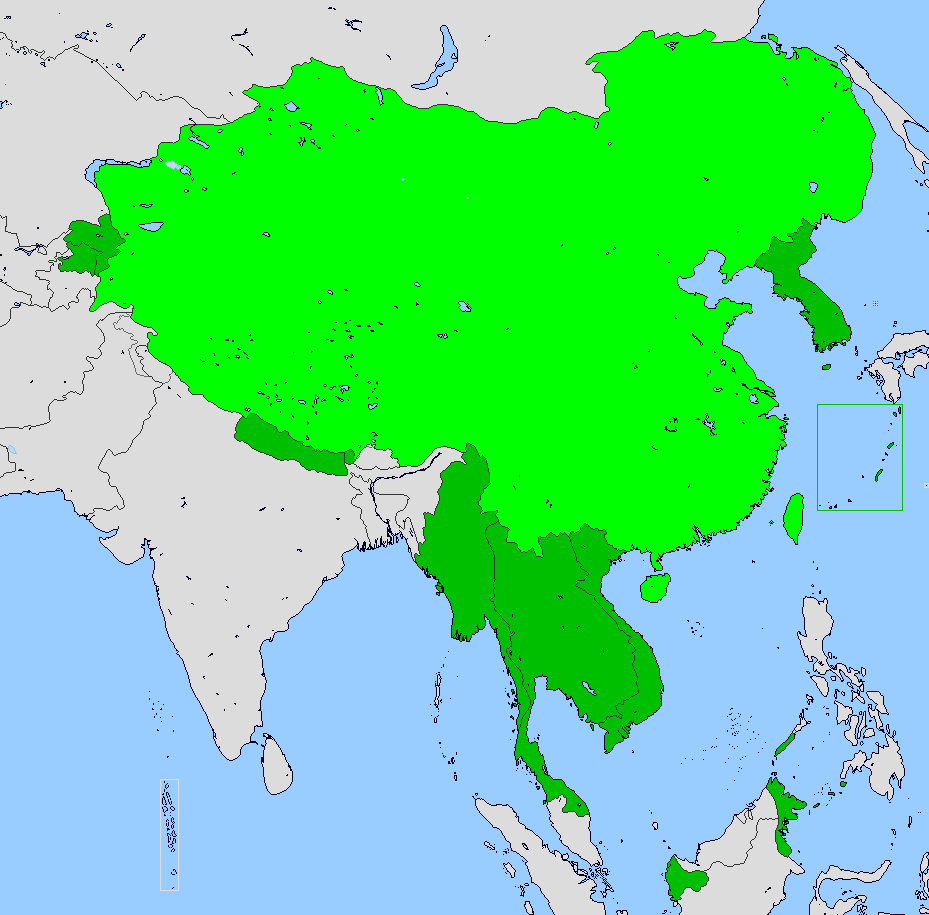God, are you teaching me Chinese history?
The Isolation here represents the Qing Dynasty’s extreme conservatism and even xenophobia in its diplomacy against the West. Because China had always refused to recognize the equal relationship between other countries and China, formal diplomatic institutions were not established until 1861. Before the 19th century, they only appreciated their own culture, continued to use their own ancient technology and equipment, despised the people from the West and their culture, and ignored the knowledge and technology displayed by the Westerners, resulting in a serious lag behind the West.
They thought that Westerners were thirsty for China’s wealthness and power, or in other words, thirsty for the rewards of the Chinese emperor, and they didn’t think that this was a modern civilized trade relationship, which made them not interested in any Western goods at all. Such a large and prolonged trade deficit had kept the British dissatisfied. In contrast, the Mughal authorities agreed to the establishment of trading settlements by Europeans, including the British, opening trade and exchanges to the West, and because of political disunity in the subcontinent, frequent wars made the power of the West more and more important.
The attitude of the Qing Dynasty towards the West is a major focus when our people studied that period of history in school. Yes, they didn’t completely ban Westerners from entering China, but also they didn’t start real cooperation with Westerners, they didn’t try to understand the West, and they didn’t accept almost any Western things. Similar to Japan, in 1757, an imperial order started the policy of self-isolation of China from others, especially Western European countries. Trade was only possible at the designated port (Guangzhou), and no Westerner, whether merchant or missionary, could leave the port city. It can also be seen from many incidents that their rejection, hatred and violence towards Westerners was even more than that of the Japanese towards Westerners. All of these fit the way Isolation is presented in the game.
Qing isolationism is not fiction, it’s just not as famous and thorough as Japan.
The tributary system is difficult to implement in the game, as it will almost only serve the Chinese civ, and ignores the fact that in the timeline, China’s influence over the tributary states was getting weaker and weaker due to the power of Westerners and Japanese, the worldview of all other nations as tributaries began to unravel. The truth is that the influence of Westerners on Qing history was far greater than that of the tributary states.
I don’t mind seeing tributary states in the Chinese civ, but the best way to do this is to make it like a set of tribal support cards of the Native American civs. They could ship units of at least Korea and Vietnam, the two of the most important tributaries, from the home city.
